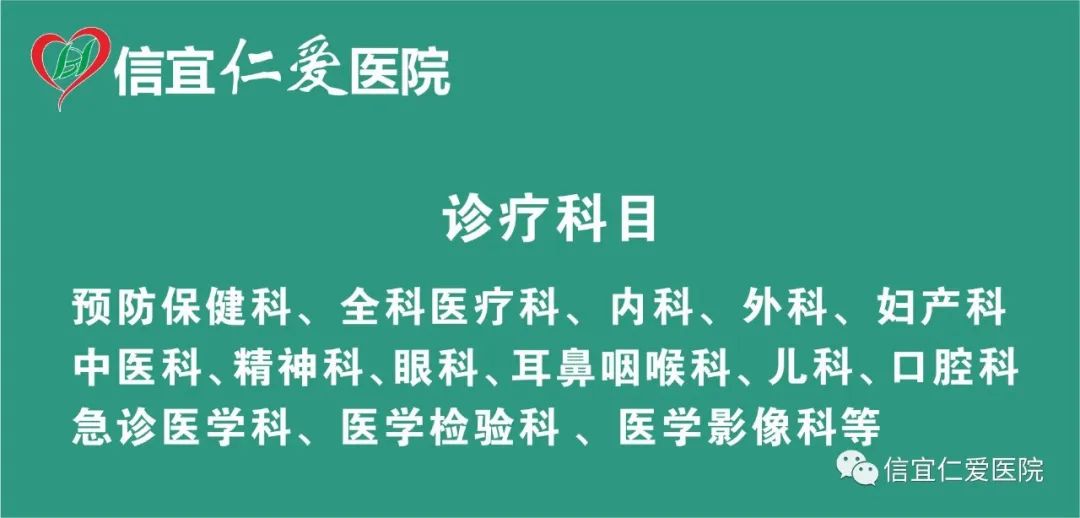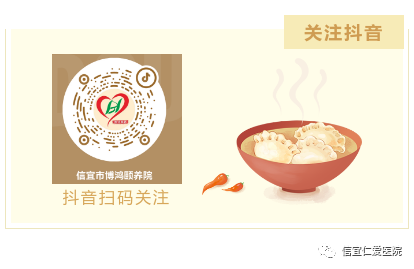 Understanding Body Signals from a TCM Perspective
Understanding Body Signals from a TCM Perspective
1. Blood Deficiency Affects the Head
In TCM theory, “血虚 (xuè xū)” refers to insufficient blood volume or quality within the body, which often leads to discomfort in the head. When blood is deficient, the blood supply to the head is inadequate, resulting in symptoms such as dizziness, headaches, and memory decline.
These symptoms indicate that the body is signaling the need to pay attention to blood health and fullness, and to replenish blood in a timely manner to maintain normal physiological functions of the head.
2. Qi Deficiency Affects the Feet
“气虚 (qì xū)” refers to insufficient generation or excessive consumption of qi within the body, often manifesting as low vitality. When qi deficiency occurs, the feet, being the body’s distal parts, are affected first, potentially leading to symptoms such as fatigue, weakness, and easy exhaustion.
These symptoms remind us to adjust our lifestyle and enhance the qi within the body to support normal bodily activities.
3. Yang Deficiency Affects the Left Side
“阳虚 (yáng xū)” indicates a deficiency of yang energy in the body, which is usually associated with weakened warming functions. When yang deficiency appears, the left side of the body, particularly the left half, may show symptoms first, such as feeling cold on the left side or experiencing left joint pain. These symptoms signal the need to strengthen the body’s yang energy to restore warmth and vitality.
4. Yin Deficiency Affects the Right Side
In contrast to yang deficiency, “阴虚 (yīn xū)” refers to insufficient yin fluids in the body, which may weaken the nourishing and moistening functions. In cases of yin deficiency, the right side of the body, especially the right half, may show symptoms first, such as dry skin on the right side or dryness in the right eye. These symptoms indicate the need to replenish yin fluids to maintain balance and moisture in the body.
5. Phlegm in the Head Leads to Calluses on the Feet
In TCM, excessive phlegm in the head may be related to excessive dampness in the body. When dampness descends to the feet, it may lead to rough skin and the formation of calluses. This phenomenon suggests that we need to pay attention to dampness issues within the body and eliminate dampness in a timely manner to maintain health.
6. Heat in the Head Causes Dryness in the Feet
“头部有火 (tóu bù yǒu huǒ)” refers to the presence of heat in the head, which may lead to excessive evaporation of body fluids, causing dryness in the skin of the feet. This condition reminds us to clear heat and reduce fire while maintaining fluid balance in the body to alleviate dryness in the feet.

7. Congestion in the Head Leads to Preference for Foot Therapy
When there is congestion in the head, it may manifest as discomfort or pain in the head. At this time, some individuals may prefer foot therapy to alleviate symptoms, as foot therapy can stimulate acupoints on the feet, promote blood circulation, and help relieve head congestion.
8. Wind in the Head Causes Deformation of the Feet
In TCM, “头部有风 (tóu bù yǒu fēng)” indicates that the head is invaded by wind pathogens, which may disrupt the circulation of qi and blood. This condition can sometimes lead to deformities in the feet, such as curled toes or changes in the shape of the foot. This suggests that while protecting the head from wind invasion, we should also pay attention to the health of the feet.
9. Dampness in the Head Causes Excessive Sweating in the Feet
Excessive dampness in the head may lead to imbalances in the body’s fluid metabolism. In this case, the feet may experience excessive sweating, which not only affects comfort but may also increase the risk of foot infections.
Therefore, when there is dampness in the head, we need to promptly adjust the body, eliminate dampness, and stop sweating to maintain health.
In summary, these body signals in TCM theory not only remind us to pay attention to our health status but also provide us with a basis for body regulation. By understanding and applying this knowledge, we can better care for our bodies and achieve health and balance.





